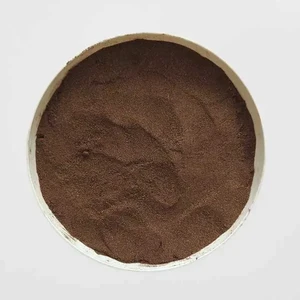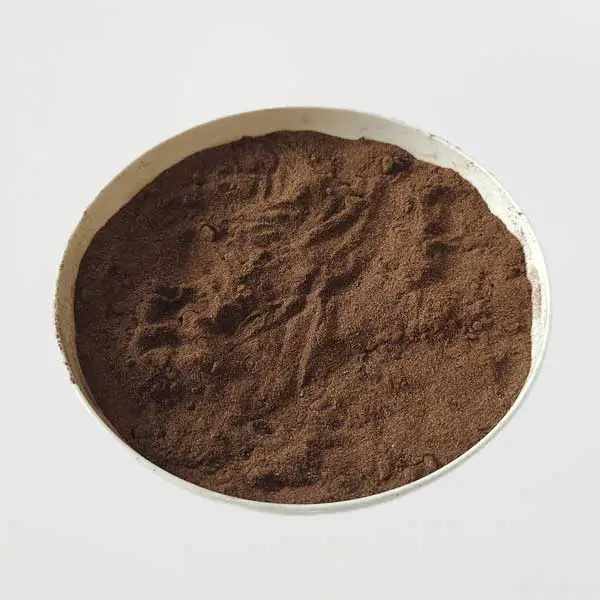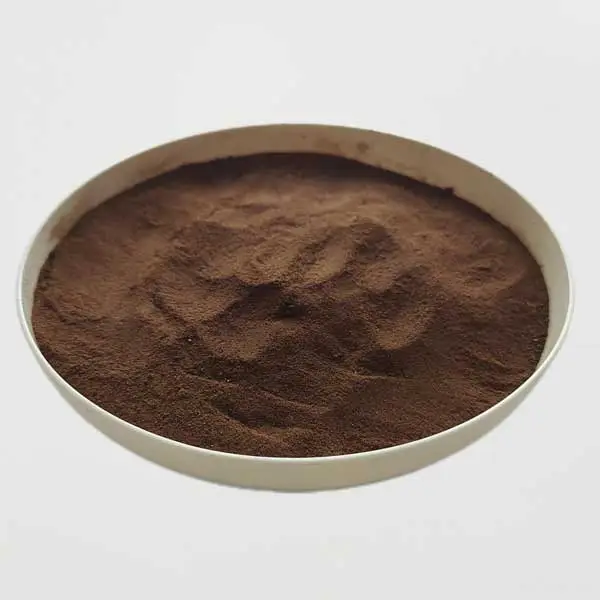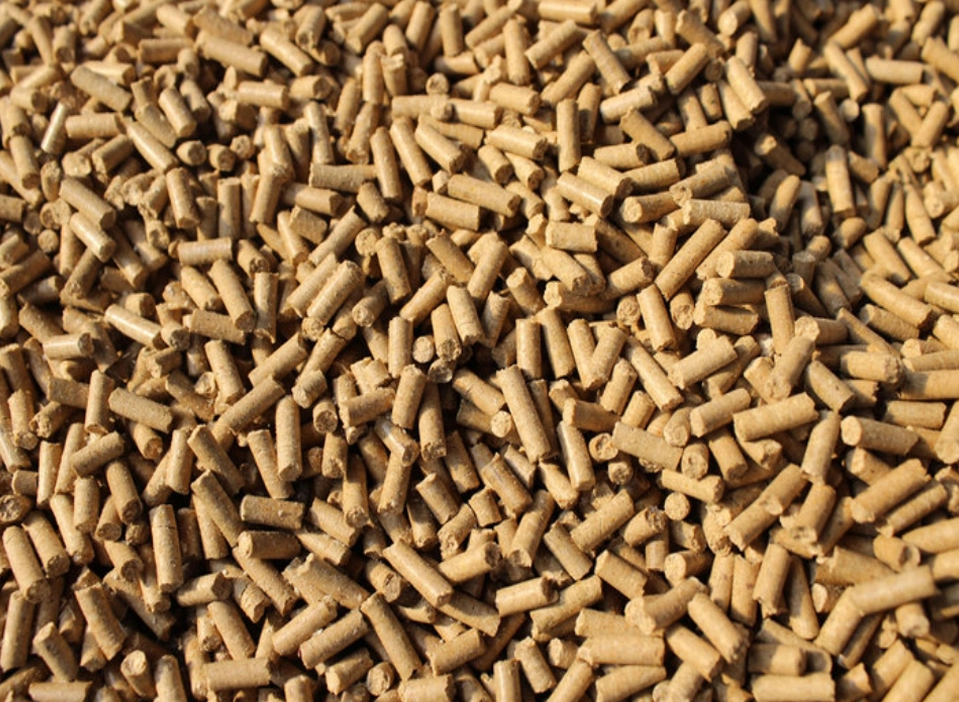Products For Dust Control
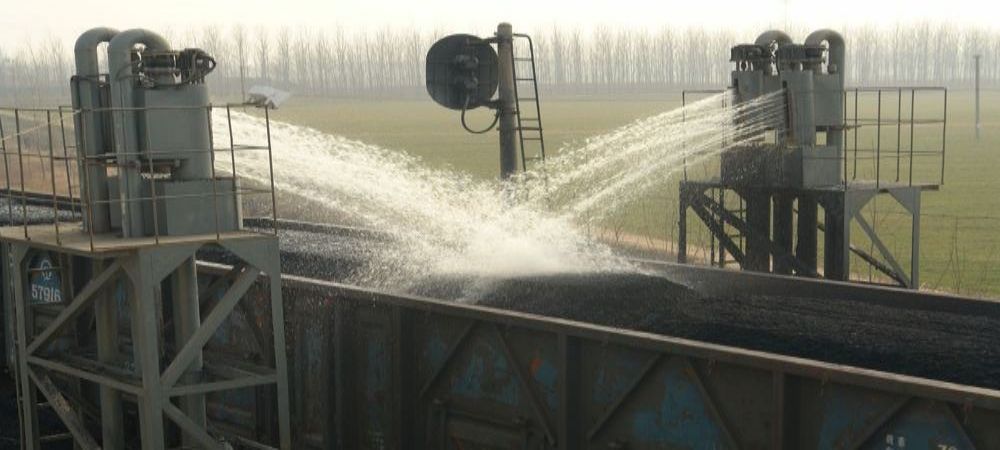
Dust poses a significant challenge across industries. It can destroy crops in agricultural production, originate from vehicle emissions, and be generated by fly ash in coal storage yards and during transportation. Untreated dust can have severe environmental and economic consequences, negatively impacting both the environment and human health.
Dust suppressants are liquids that are used to minimize the dispersion of fine particles in the air. Typically, these suppressants involve spraying a fine mist of water and a surfactant through atomizing nozzles to capture airborne dust particles and bring them to the ground. Some dust suppressants are applied directly to the source of the dust, preventing it from becoming airborne.
Lignosulfonate, as an organic substance, is a key component in many dust suppressants and is environmentally friendly and harmless. It plays a crucial role in dust control. Lignosulfonates are derived from lignin, a naturally occurring polymer found in wood. Thanks to their exceptional cohesive properties, they can bind road particles together. As the lignosulfonate dries, the water evaporates and the highly viscous, naturally sticky material captures dust particles. Initially, it appears as a dark brown color, which gradually fades as it gets diluted by traffic and rainfall. Additionally, with solar heating over time, lignosulfonate becomes completely insoluble.
Lignosulfonate has been used for road dust control in Europe, North America, and Australia since the 1920s. Extensive scientific research and historical experience with this product have shown no reported complaints of plant damage or serious problems. It is considered environmentally friendly and non-toxic.
Jufu has developed various types of lignosulfonate products that cater to different specifications, available in both powder and liquid forms. These flexible and high-quality products maximize cost-effectiveness while providing an environmentally friendly and sustainable solution for dust control.
Recommended Products
More Uses

 English
English 

